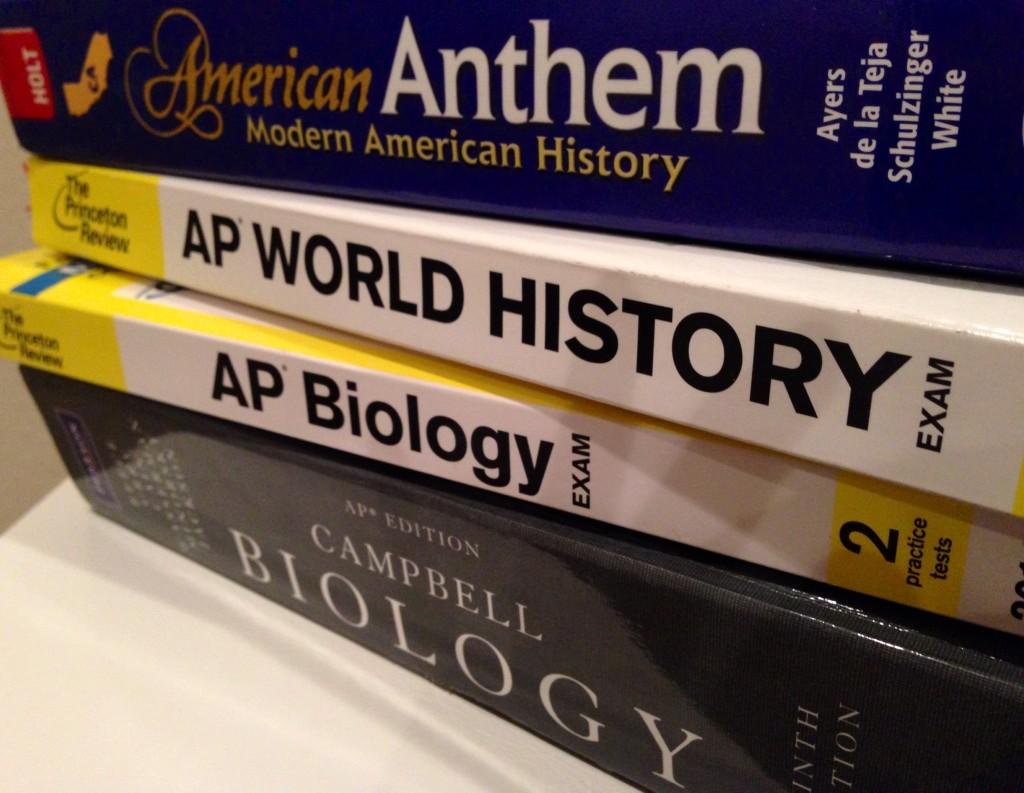When it comes to preparing for college, Dublin High students will have an option of taking a college prep class or an AP class. Sometimes it can be difficult to determine whether taking the AP class will really be beneficial, or if taking the regular class will work just as well when preparing for college material and classes. However, there are definite differences worth considering between the two types that contribute to college readiness.
AP courses are part of the Advanced Placement Program created by the College Board to offer students a chance to enroll in college level classes. These classes are designed to mimic the realities of a college class so that students can gain experience of what one may be like, and help them prepare for it. Students also get ready for AP exams, which will give college credit for a high score to help save money on future college classes.
“It’s not just the depthness of what we’re learning about but also the integrity of the class,” junior Annalisa Watson, who is currently taking AP Psychology, AP US History, and AP Biology, says. “College classes go really in depth too, that’s why it helps you.”
Compared to college prep classes, AP classes generally go more in depth in terms of content and material. The way college classes go into material is similar to this, so students can become familiar with the teaching style early on. College prep classes tend to be based on general knowledge and vocabulary, and do not require as much preparation as AP classes do. In the end, though, it just depends on how much the student is willing to take on, and at what level they want to be at.
“You have the tools necessary to be more successful in college,” AP Biology teacher, Mrs. Sundstrom, says.
AP courses require the type of high-level calculating and critical thinking that will show up in the first year of college, so in the end, the student is not just learning the general material, but also ways to analyze it. They generally give much larger workloads that do college prep classes. This is also intended be similar the amount of independent studying, and effort that college professors require.
“The larger workload would be better to prepare you for college,” sophomore Anvita Valluru says, who took AP Spanish her freshman year. “Since an AP class gives you a larger workload it would be better.”
The amount of work college prep classes give is usually enough to just grasp the material–such as a worksheet or a page of reading. These classes also tend to base work around a group setting, and involve more student interaction and communication. This is unlike actual college classes, which include a lot of independent learning. They also offer just the basics of the course, which are meant to be further built upon in college.
“The challenge is understanding things on your own and working on projects that are probably harder in comparison to college prep classes,” Watson says. “And also the time crunch that you have to get things done and learned to better your ability.”
AP classes require more independent study, and give a large workload to prepare students for what college classes may be like–such as an entire chapter of notes, or a huge project due the next day. There is an entirely different level of thinking involved when taking an AP class that better preps the student before entering college.
It’s not always necessary to pack the schedule with tons of AP classes, but taking just a couple interesting ones is enough to get the big picture of what a college class may be like, and possibly boost the GPA. The people at Admissions Offices like to see that a student is taking the most challenging courses available to them–success in one is these is a great sign of college readiness. In the end though it’s up to the student to decide which class works for them.




































